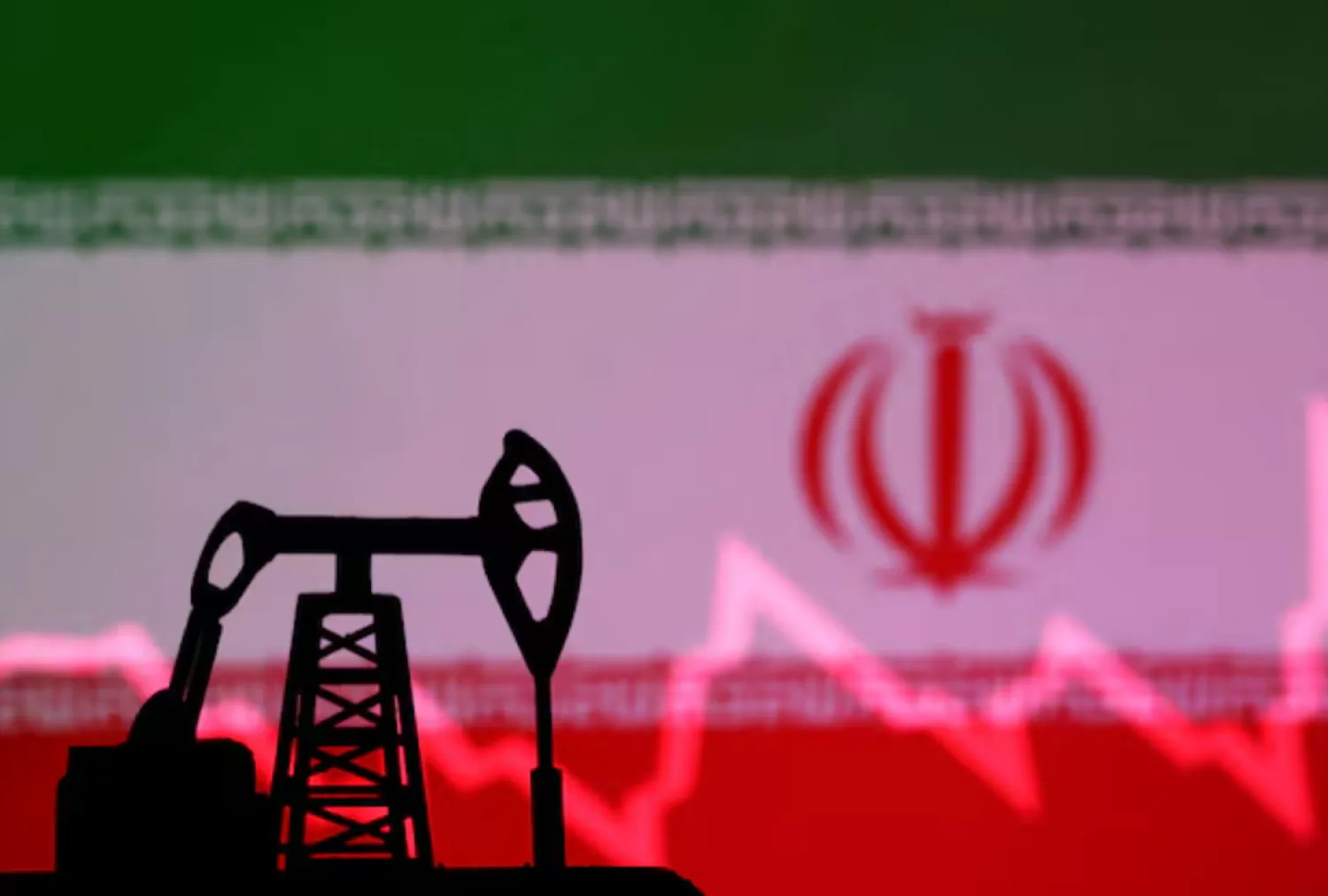Prisoners in crisis-hit Lebanon are not only deprived of their freedom - due to the constant postponement of trials as a result of judicial strikes – but also face a shortage of medical supplies, lack of hygiene, and an increasing risk of starvation.
In fact, the prisons’ food crisis is directly linked to the accelerating collapse within the Lebanese state. The latter has become unable to settle the dues of suppliers and contractors, who provide the security forces with foodstuffs to cater for prisons.
Concern is mounting as the suppliers have recently announced that they would stop delivering food commodities, starting from the first of April.
A well-informed security source admitted that this development was “worrying, mainly that the contracts concluded with the suppliers expire on April 4.”
In remarks to Asharq Al-Awsat, the source noted that meetings were being held between the concerned security bodies and the Ministry of Finance, to address the problem and try to secure the necessary funds to settle part of the dues.
“Some contributions by associations and non-governmenl organizations may alleviate the crisis temporarily, but no one can replace the state,” the security source stated.
The sharp deterioration of the value of the Lebanese currency against the dollar caused great losses to the merchants, who supply prisons with foodstuffs, including meat, grains, vegetables, bread and fruits.
One of the contractors told Asharq Al-Awsat that around 9,000 prisoners could not live at the expense of individual institutions and small merchants.
The contractor, who spoke on condition of anonymity, announced that four commercial establishments would stop delivering the materials, due to the expiration of their contracts with the government and the unsettled payments.
“Our losses are multiplying day by day, and our debts to the state have been accumulated for seven months and amount to about LBP 100 billion... We refuse to continue to commit suicide,” he said, stressing that the problem lied with the Ministry of Finance, which has been refraining from releasing the payments.
This development raised the concern of the Restart Center for the Rehabilitation of Victims of Violence and Torture, which took the initiative to develop a program to alleviate the suffering of prisoners and contain the crisis.
The executive director of Restart, Suzanne Jabbour, explained that the center “has a modest budget for the prisons’ food file, because this matter is not among the basics of our work.”
She told Asharq Al-Awsat: “We have allocated a budget, in agreement with our financing partners, to fill part of the void resulting from the state’s deficit… It is not easy to convince foreign supportive institutions to earmark a budget for the prisoners’ food security, because this falls within the responsibilities of the Lebanese state.”
However, the Restart center was able to engage in the matter based on a constant that says that violence against prisoners does not stop at the limits of physical torture, as depriving them of medicine and food is also part of torture.
Jabbour emphasized the need to launch a loud cry to tell the world that behind bars in Lebanon were people who are deprived of their freedom and will, and an emergency plan must be found to address their crisis.
She added that the Lebanese government must at the same time and despite its weak capabilities, bear its responsibility towards the prisoners.









